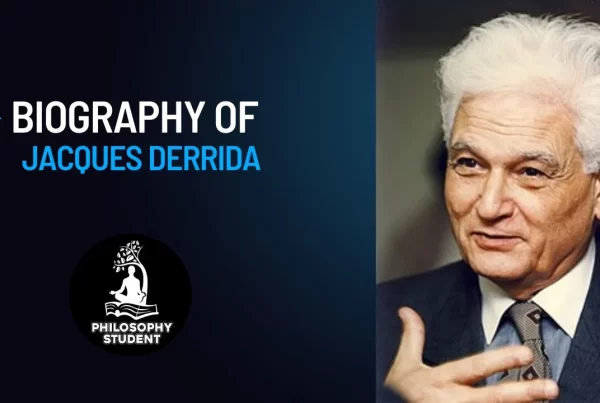The earliest indigenous African philosophy to produce written documents emerged during the seventeenth century, especially in Ethiopia. Zera Yacob (1599–1692), whose Hatata (1667) has been compared to René Descartes’ Discourse on the Method of Rightly Conducting One’s Reason and of Seeking Truth in the Sciences (1637) as a manifesto on reason as a method for investigating the key questions of philosophy.
In the modern era, African philosophical thought has focused on ethnophilosophy, essentially an effort to define a specifically African philosophy that embodies unique characteristics of being African. Existentialism has played an important role in African philosophy of the twentieth century and has influenced a Black existentialist movement among some African-American philosophers. Marxism rose to prominence in Africa during the early post-colonial period, beginning after World War II, and, more recently, structuralism and post-structuralism have been gaining importance as African philosophers investigate the institutional and semiotic underpinnings of post-colonial government and culture.



































